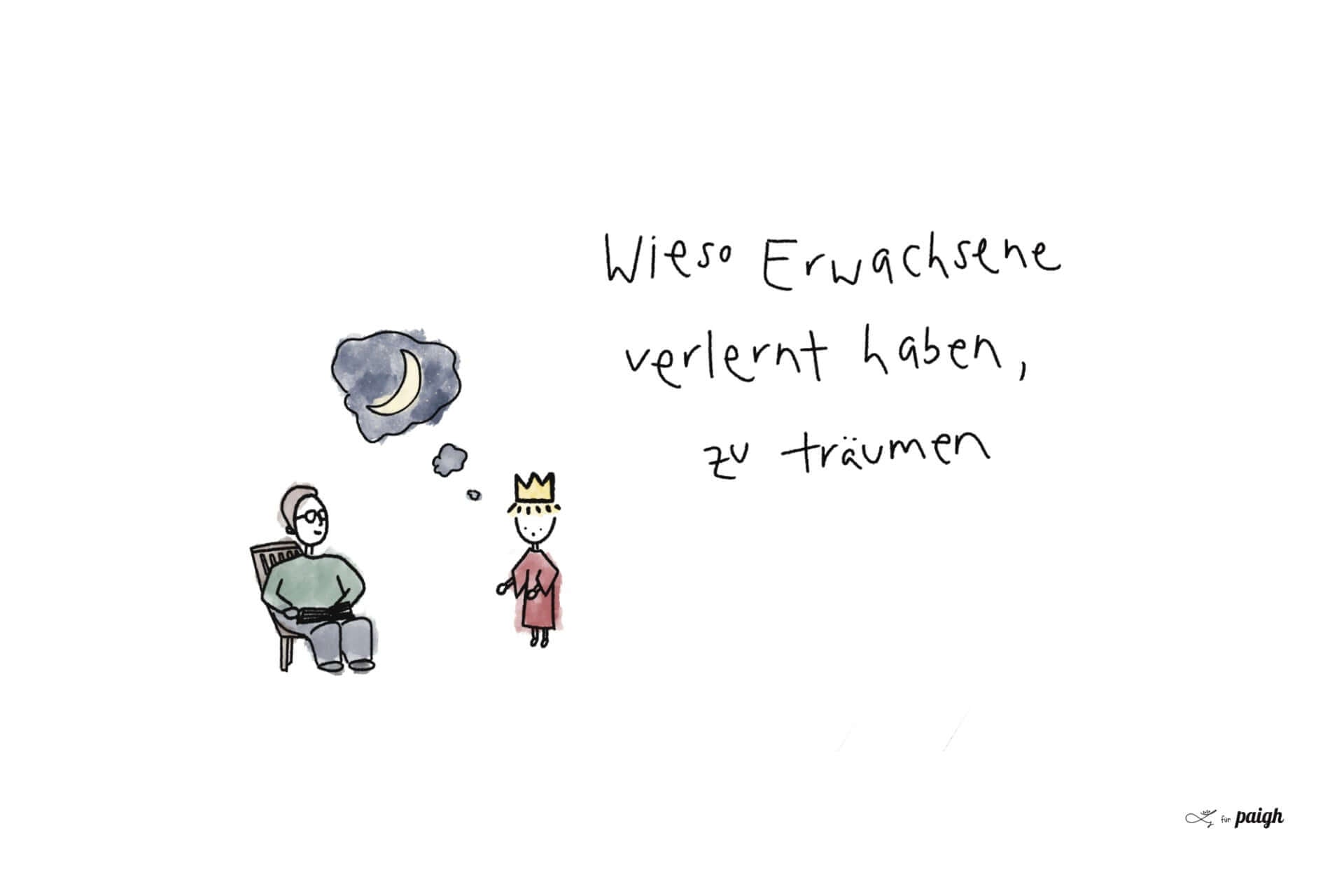
Inhaltsverzeichnis
Why adults have forgotten to dream
What did you plan to do with your life when you were a teenager? What did you believe in? And when did you stop dreaming big? Why we're not naive when we long for a better world and a happier life.
Only naive people have big dreams
My mother once said that she thinks adults are losing the ability to dream big. And she finds it wonderful how limitless young people's ideas about life are.
This statement made me happy and sad at the same time. Happy because I'm also a young person who dreams big, and I could therefore identify with the statement. Sad because I didn't want her to be right. That day, I swore to myself that I would never become like that, that I would continue to dream and believe in big things. I didn't care if I might be labeled "naive."
I've always had a problem with the pessimistic, colorless, and joyless world of many adults. Why do so many adults believe that nothing is possible? That it's normal for work to be no fun? That positive thinkers are idiots who have never faced a serious problem?
Yes, of course, look "older" people We have more life experience and have already experienced one or two situations that I have not yet had to deal with.
But isn't it true that our perception of the world is not based on our experiences per se, but on how we evaluate and assess these experiences?
After all, there are people who were exposed to the same, drastic and perhaps traumatizing situation, but whose lives were affected by this experience in very different ways.
A Prince and a Psychologist
Viktor Frankl, the Austrian neurologist and psychiatrist, describes exactly this in his book "...still saying yes to life: A psychologist experiences the concentration camp." He, like many others, had to experience the purest horror. During and after his time in the concentration camp, he reflected on meaning and the creation of meaning and came to the conclusion that between Experience and your own reaction to this experience always your own Evaluation Experience is at the core of everything we do – no matter how much can be taken away from a person, everyone has the freedom to evaluate their own experiences. Albert Ellis also describes this principle in his "ABC Theory."
Back to the dramatic experiences we discussed above: Through our often learned, automatic, and unconscious evaluation of these events, we form beliefs about how the world works. We see and set boundaries, we see limitations—or opportunities and possibilities.
Anyone who manages to create the necessary space for conscious evaluation between a stimulus and the subsequent reaction has many possibilities open to them. This allows us to direct our own thoughts, rewire neurons, and work on our mindset.
The little prince (from the story “The Little Prince” by the French author Antoine de Saint-Exupéry) also observes a clear difference between his own view of the world and the adult view of how things should be or should work.He approaches things without expectations, is open to all kinds of experiences, and is thus able to form his own opinions. This attitude rubs off on the narrator, who dares to believe in certain things again and ultimately sees the world from a more childlike perspective, full of trust, openness, and creativity.
I'll hold on to it as long as I can
The insights from the books mentioned have stuck in my mind. I remind myself again and again that it's okay to dream. That it's even important to dream. To have goals, a positive outlook on the future, expectations, even if they aren't always fulfilled. To believe in the good and to go through life with the feeling that you have every possibility if you just work towards it.
Maybe one day I'll think differently about this topic. Maybe at some point my belief in big dreams, in chances, possibilities, and a good world will dry up. But if that day comes, I'll know that this belief stems from an experience that I evaluated in a certain way. And then I'll do everything I can to revise that evaluation. Starting with thinking more like a child again.
If you want to know more about mindfulness, healthy eating, family & pregnancy or sustainability, take a look here over.

Photo by Johannes Plenio on Unsplash







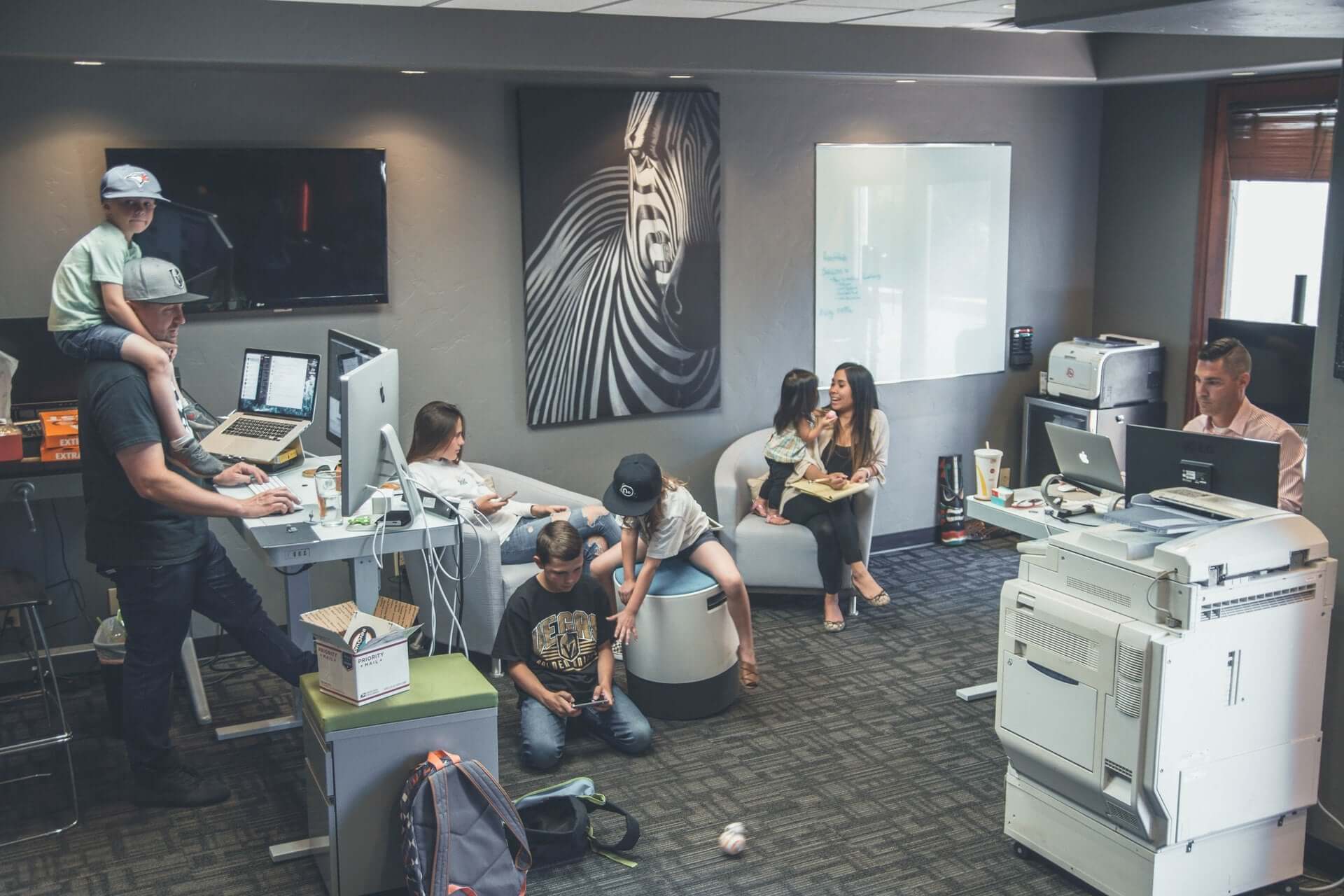
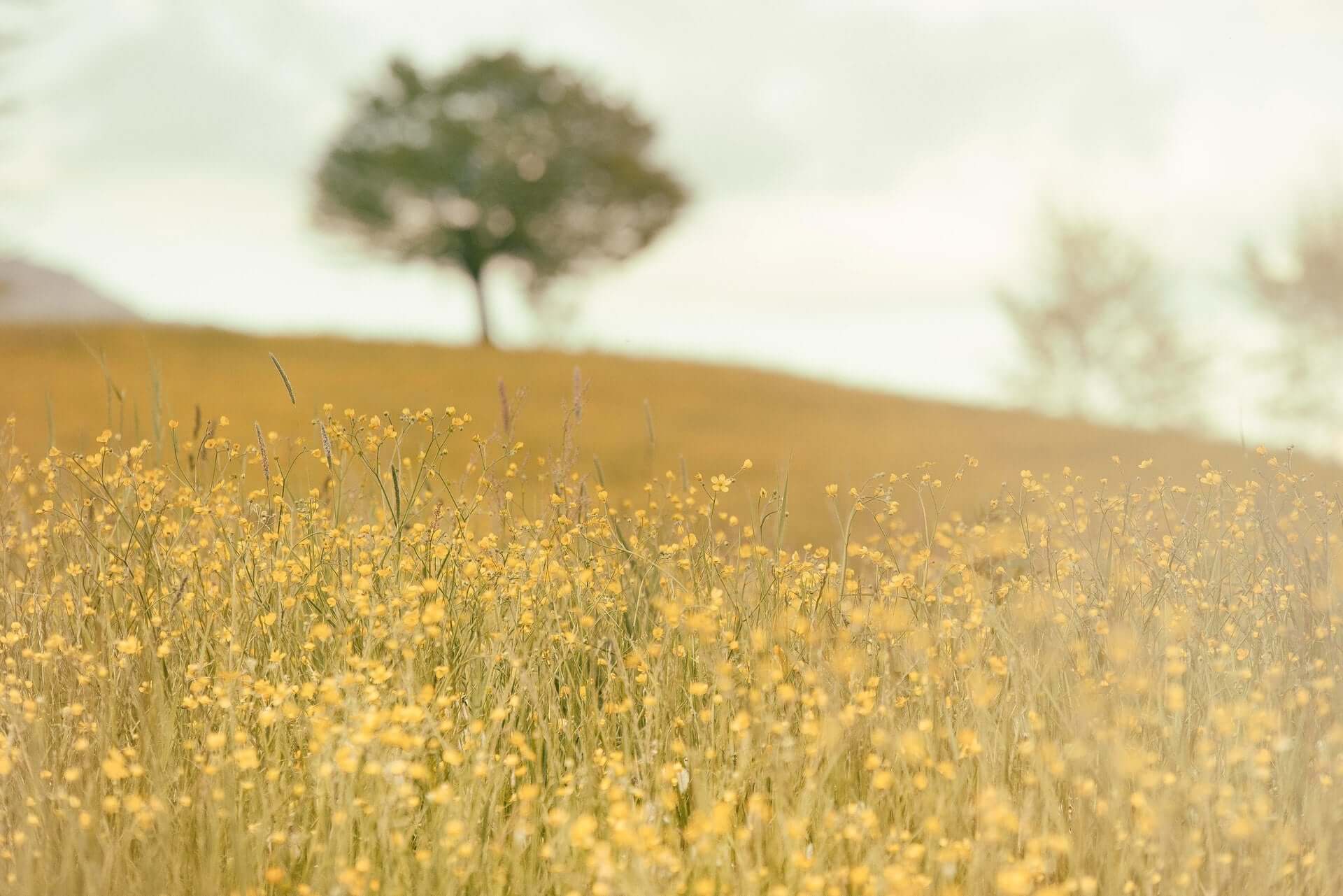
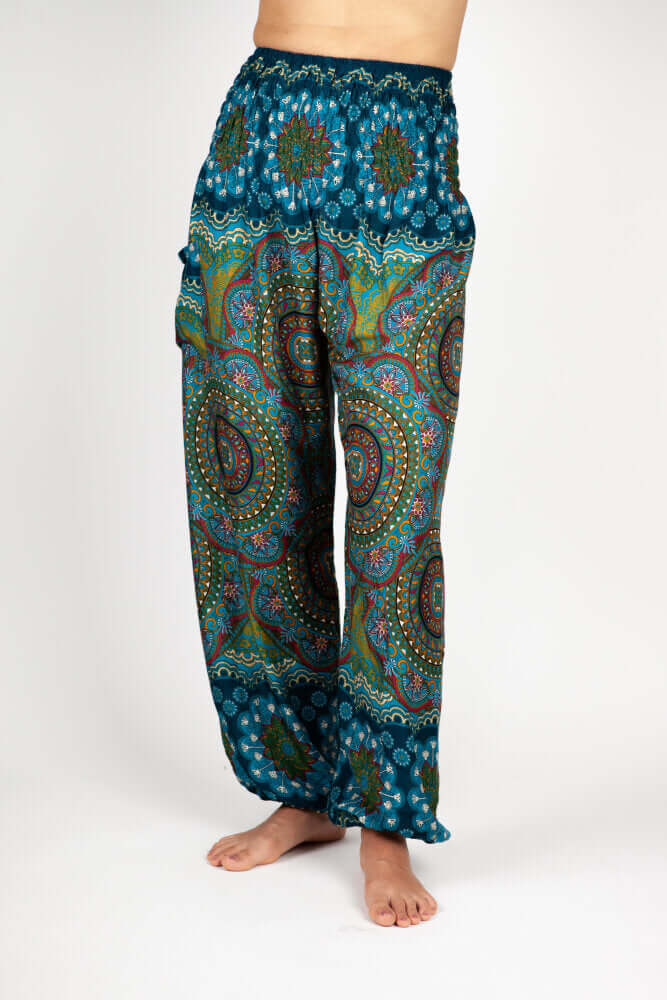
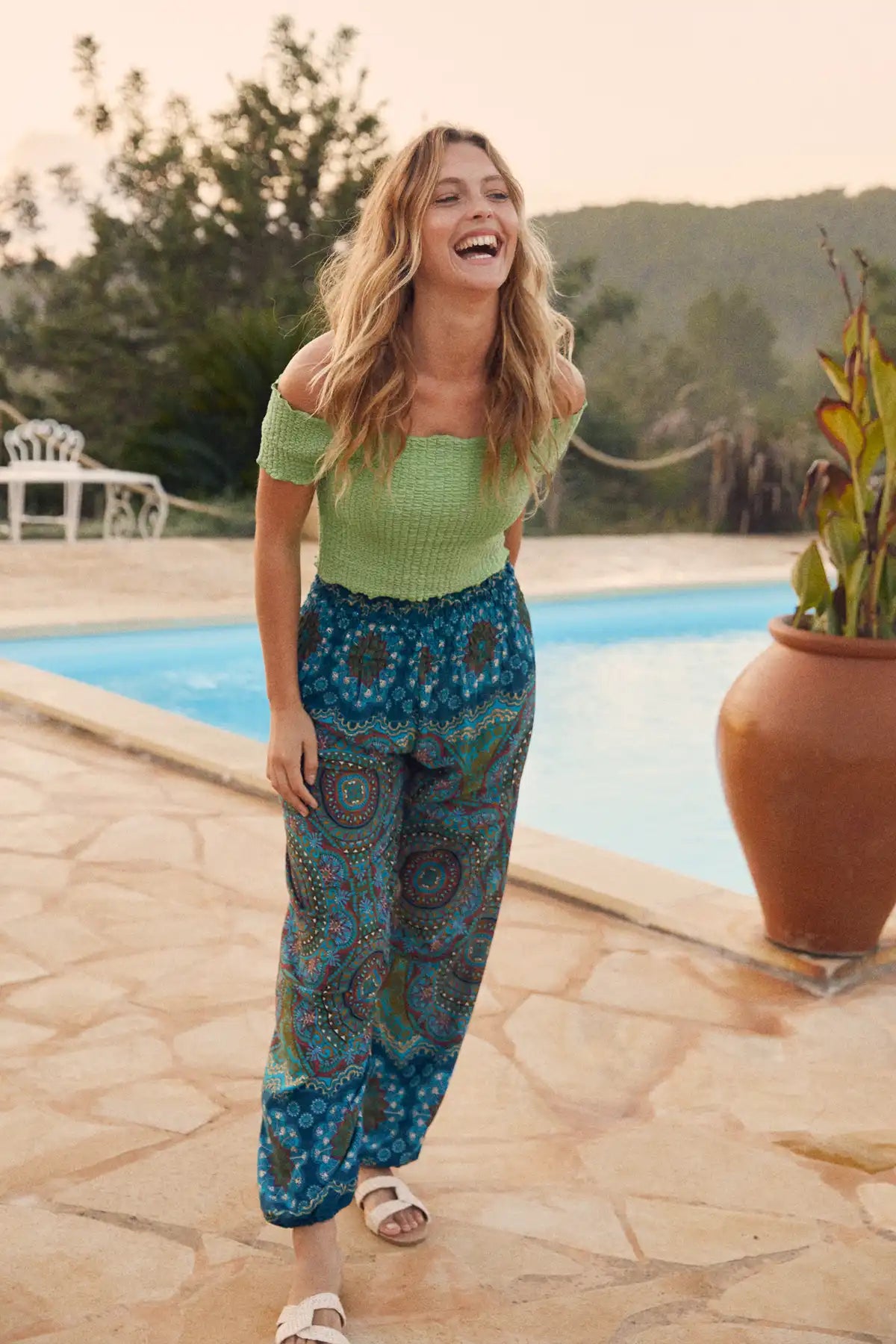














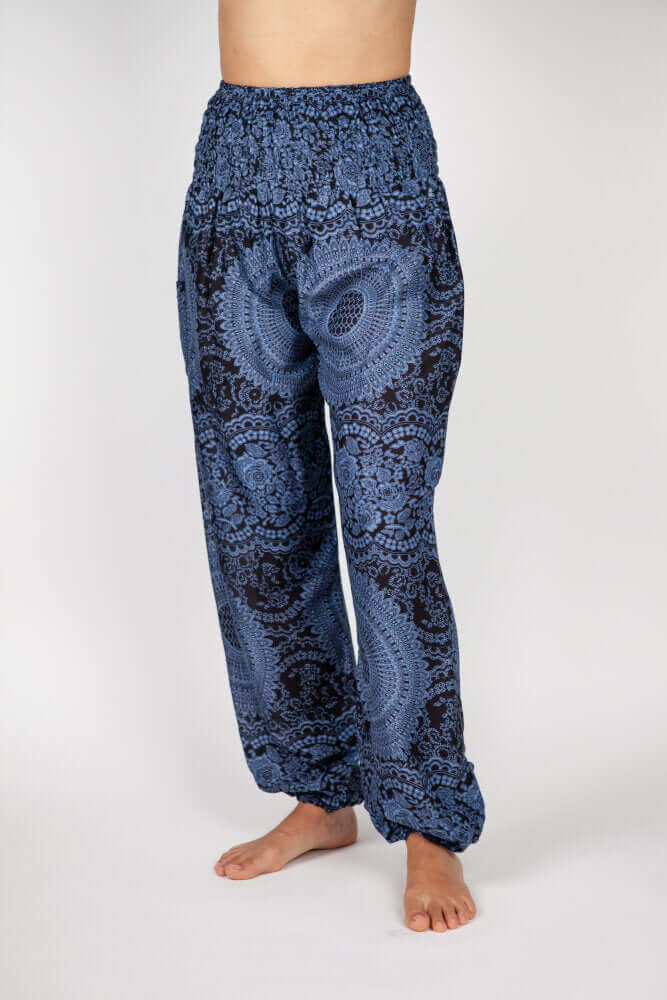
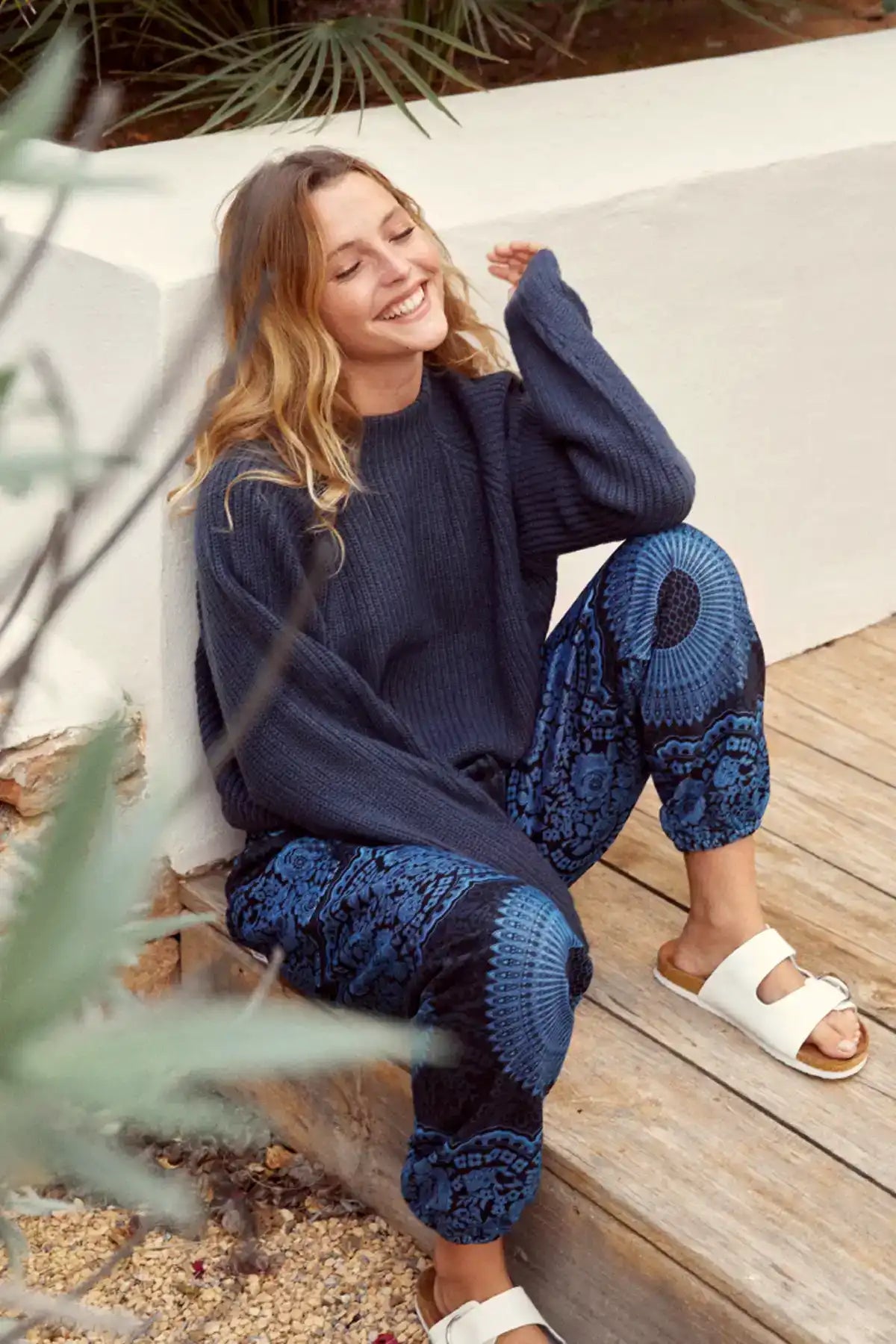
Leave a comment
This site is protected by hCaptcha and the hCaptcha Privacy Policy and Terms of Service apply.